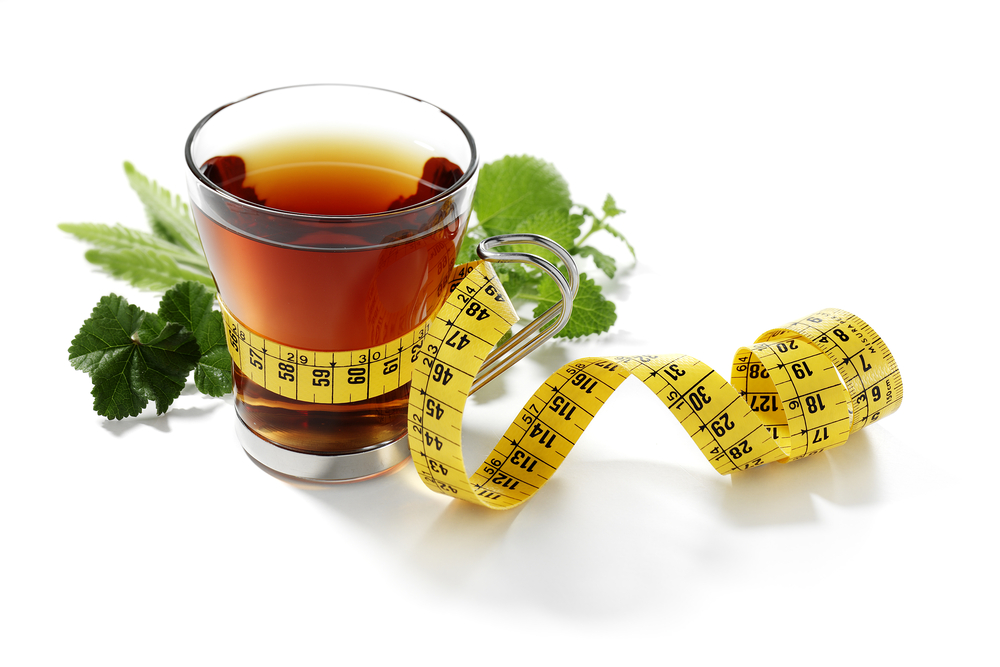
MANILA — The Department of Health (DOH) in the MIMAROPA Region said on Monday it does not recommend the use of slimming teas or products that are supposed to promote weight loss.
MIMAROPA Region comprises the provinces of Mindoro Occidental/Oriental, Marinduque, Romblon and Palawan.
According to DOH-MIMAROPA Regional Director Eduardo Janairo, using slimming teas and other slimming products that promise instant weight loss poses danger to health.
“They can cause dehydration and abdominal crumbs in the body since the caffeinated teas act as a diuretic, making the person expel water through urine,” Dr. Janairo said.
At the same, he noted the importance of proper positioning of supplements, natural products such as teas and the prohibition on the use of slimming drugs and other commercial formulations.
Janairo explained that the best options for trimming down weight or promoting weight loss are through proper diet and regular exercise.
He said that regular exercise can be done through jogging, aerobics and isometric exercises which will help burn calories.
He added that proper diet can contribute a lot in reducing weight by ensuring that the recommended amounts per serving of the food nutrients are followed.
He noted that nowadays, working men and women often expose themselves to fast foods which are usually high in fat, sugar, salt and energy-dense but not really full of nutrients.
He said that lack or lower physical activity often results to gain of weight and obesity which later develops into cardiovascular diseases or lifestyle diseases.
In trying to avoid over-nutrition or becoming overweight and obese, some people find themselves opting for the “short cut” route by using some weight-loss drinks or slimming tea products that promise faster and effective weight loss.
Some people believe in the notion that tea helps in increasing the body’s metabolic process, burns fats, curbs the appetite, cleanses the colon and relieves constipation, etc.
Some of these products are being sold or introduced in the market as “food supplements” which are labeled and classified as “no approved therapeutic claims” by the Food and Drug Administration (FDA).
The “no approved therapeutic claims” labeling signifies that said products have not yet passed the series of tests which would proven their effectiveness in curing an illness or improving certain condition/s of the body.
From 2010 to 2012, the FDA had issued recall orders, seizure and ban on at least 26 anti-obesity products which contained harmful ingredients to health such as amphetamine, sibutramine, and steroids which were marketed as coffee drinks or oral capsules.
Studies show that amphetamine causes irregular heartbeat, confusion, urine retention and painful urination, hyperthermia, hyperreflexia, muscle pain, severe agitation, rapid breathing, and tremor.
Large overdose, however, may produce symptoms such as psychosis, anuria, cardiogenic shock, cerebral hemorrhage, circulatory collapse, extreme fever, pulmonary hypertension, renal failure, rapid muscle breakdown, serotonin syndrome, and stereotypy or repetitive movement, posture or utterance.
Fatal amphetamine poisoning usually involves convulsion and coma.
Sibutramine has been shown in a well-designed study to increase the risk of serious heart events, including non-fatal heart attack or non-fatal stroke and death, by 16 percent in a group of patients given sibutramine compared with another group given the placebo.
The study also showed that there was only a small difference in weight loss between the placebo group and the sibutramine group.
To check if a product is registered with the FDA, log in at the FDA website (wwww.fda.gov.ph) and type in the name of the product in the SEARCH bar.
To report any unregistered or banned health products, email report@fda.gov.ph.